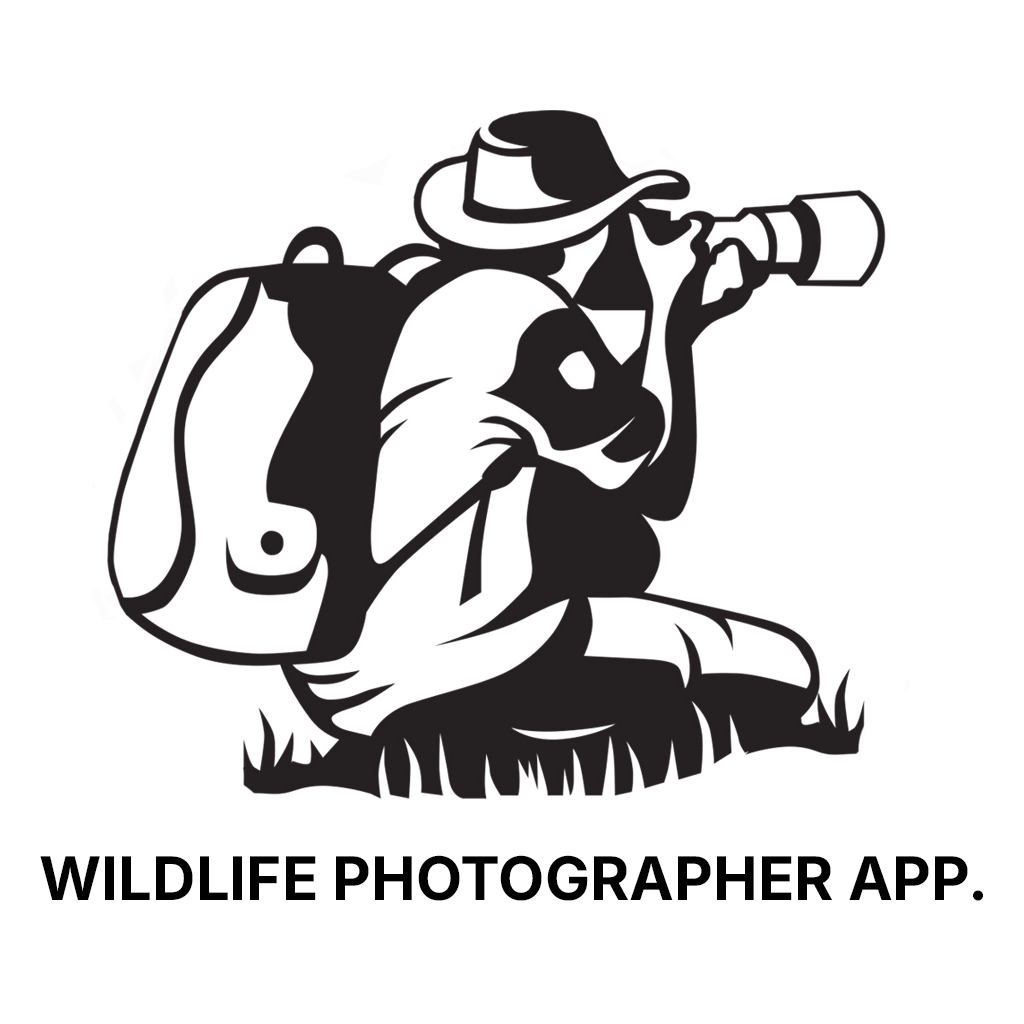Your wildlife photography guide.
Explore the yellowhammer in detail, study its behavior, prepare your shots.
Where to observe and photograph the yellowhammer in the wild
Learn where and when to spot the yellowhammer in the wild, how to identify the species based on distinctive features, and what natural environments it inhabits. The WildlifePhotographer app offers tailored photography tips that reflect the yellowhammer’s behavior, helping you capture better wildlife images. Explore the full species profile for key information including description, habitat, active periods, and approach techniques.
Yellowhammer
Scientific name: Emberiza cia

IUCN Status: Least Concern
Family: PASSERIDAE
Group: Birds
Sensitivity to human approach: Tolerant
Minimum approach distance: 10 m
Courtship display: March to July
Incubation: 12-14 jours
Hatchings: April to July
Habitat:
Open fields, hedgerows and edges
Activity period :
Primarily active during the day, with peak activity in the morning and late afternoon.
Identification and description:
The yellowhammer is a small passerine, 15–16 cm long, with bright yellow head and breast in males and duller, brown-streaked plumage in females. It inhabits open fields, hedgerows, and edges, feeding on seeds and insects while foraging on the ground. During breeding (April to July), the male sings from a perch or in flight to mark territory and attract the female.
Recommended lens:
300 mm – adjust based on distance, desired framing (portrait or habitat), and approach conditions.
Photography tips:
Photograph the yellowhammer at dawn or dusk using a telephoto lens of ≥300 mm. Position yourself low to the ground near a hedgerow to capture the singing male, use a fast shutter speed and shallow depth of field to isolate the yellow plumage against the background.
From knowledge to field practice
A species profile helps you understand an animal. In the field, the challenge is often different. Remembering your own observations.
The WildlifePhotographer app allows you to:
• record your personal observations
• note locations, dates, and behaviors
• revisit your field references over time
• build a private and long-term field logbook
The app does not provide observation locations.
It helps you organize what you actually observe, with respect for wildlife.

